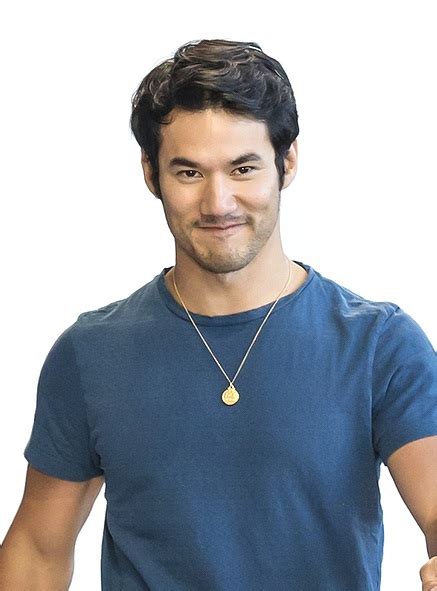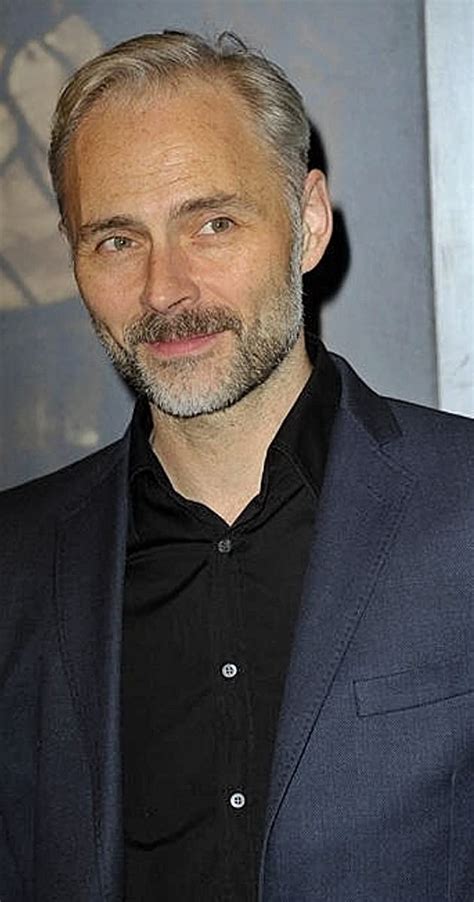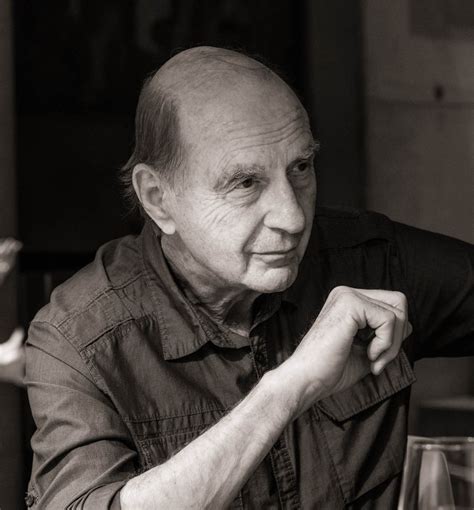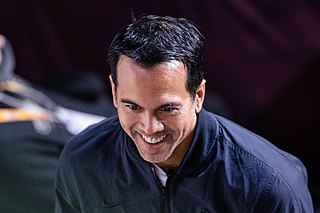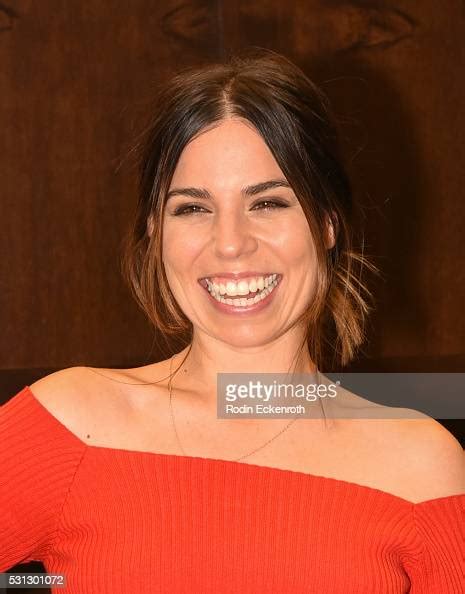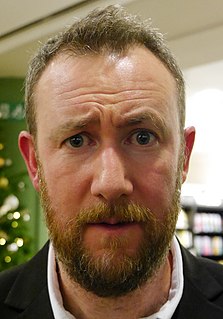A Quote by Alan Menken
What I look for in a partner is a skill, a voice of their own so I have a strength to go up against. They definitely have to be able to get out of their own way. I can't take somebody being precious about their work.
Related Quotes
I think you can write very good comedy without a partner, but what I love about it, working with a partner, is that you get to places you'd never get on your own. It's like when God was designing the world and decided we couldn't have children without a partner; it was a way of mixing up the genes so you'd get a more interesting product.
I was also very lucky to be able to work with talented people while I was learning. I didn't actually go to fashion school. I worked with Riccardo Tisci at Givenchy which was a really pivotal experience for me. He taught me a lot about being faithful to your own voice and to really believe in your own voice and that's made a big difference.
I believe you make your own luck. My motto is ‘It’s always a mistake not to go.’ So I jump on the airplane, try new things—sometimes I get in way over my head, but then I think, I’ll work my way out of this somehow. A big part of making your own luck is just charging out of the gate every morning…The thing I love about living in New York is that I never fail to get up in the morning and think, Something adventurous is going to happen today. The energy is operating at full throttle all the time. And if you want to be lucky you’ve got to go out and take advantage of it.
There's this pet phrase about writing that is bandied around particularly in workshops about "finding your own voice as a poet", which I suppose means that you come out from under the direct influence of other poets and have perhaps found a way to combine those influences so that it appears to be your own voice. But I think you could also put it a different way. You, quote, find your voice, unquote, when you are able to invent this one character who resembles you, obviously, and probably is more like you than anyone else on earth, but is not the equivalent to you.
You might sit at your computer, thinking you own and control your own ideas but it doesn't take long before you realize that you're part of a bigger network. You're fully wrapped up in relationships out of which you come and in which you participate. To look at yourself as a single being is absurd. The new way to look at it is, 'I'm connected, therefore I am.'
The fiction I've written and published is certainly inflected by the work of authors I was reading or translating at the time. One of my methods for developing my own voice in fiction, a process I am taking very slowly and deliberately, is through these very intense encounters with certain writers. Strength and power in fiction is being able to resist these intoxicating voices, recognizing that they are the signatures of other writers and not one's own.
Write like you write, like you can't help but write, and your voice will become yours and yours alone. It'll take time but it'll happen as long as you let it. Own your voice, for your voice is your own. Once you know where your voice lives, you no longer have to worry so much about being derivative.
There's this pet phrase about writing that is bandied around particularly in workshops about "finding your own voice as a poet", which I suppose means that you come out from under the direct influence of other poets and have perhaps found a way to combine those influences so that it appears to be your own voice.
The trouble with steeling yourself against the harshness of reality is that the same steel that secures your life against being destroyed secures your life also against being opened up and transformed by the holy power that life itself comes from. You can survive on your own. You can grow strong on your own. You can even prevail on your own. But you cannot become human on your own.


